-
chevron_right
MSCHF’s ‘Exclusive’ Pirate Bay and Megaupload Email Addresses Sold Out Quickly
Ernesto Van der Sar • news.movim.eu / TorrentFreak • 13 April, 2021 • 2 minutes
 There’s a market for pretty much everything today and ‘collectables’ are hot.
There’s a market for pretty much everything today and ‘collectables’ are hot.
The non-fungible token (NFT) rage shows that people are willing to pay thousands or even millions of dollars for a digital gimmick, which may or may not retain its value.
MSCHF
This eagerness to pay doesn’t necessarily match with the typical audience of pirate sites. However, the Brooklyn-based art group MSCHF shows that some people are willing to pay hundreds of dollars for ‘exclusive’ piracy-branded goods.
MSCHF made quite a name for itself in recent months. We previously highlighted their AlltheStreams.fm site , which streamed Netflix, Disney+, HBO Go content without permission. That project was shut down soon after. More recently, it ran into legal issues when Nike complained about the ‘Satan Shoes’ collection.
All this attention has pretty much guaranteed that there will be plenty of eyeballs on every new project the group ‘drops,’ which became clear again yesterday.
Exclusive Pirate Bay and Megaupload Emails
A few hours ago MSCHF announced its “ Email Capsule Collection ,” offering limited edition email addresses that come shipped on a CD with a commemorative card and some stickers.
The group offered 50 sets for five different domains using popular Internet brands such as The Pirate Bay and Megaupload.
The addresses use .biz gTLDs including Piratebay.biz and Megaupload.biz and have absolutely nothing to do with the original sites. The same is true for the 4Chan, Heaven’s Gate, and Angelfire addresses that were on offer.
Sold Out
Still, that didn’t stop people from rushing in to buy the addresses for $250 apiece. In no time, the entire Capsule Collection was sold out, including the five box sets, which went for $1,200 each.
It’s pretty clear that this latest drop is yet another massive success. According to MSCHF, that’s for a good reason, as the email addresses allow buyers to show their identity by associating themselves with popular web icons.
“In a less centralized web, where website usage patterns are meaningfully distinct, your activity is your identity,” MSCHF writes, while adding that it’s a fashion statement as well.
“Fashion is lots of things: an identity signifier, a wealth signifier. Online, exclusivity is a status signifier” the group notes, adding that “It shapes how people see you and how you see yourself.”
Limited Exclusivity?
This justification may make sense for some, but it’s likely that many buyers are mostly driven by hype. The ‘fashion’ part may be more about exclusivity than The Pirate Bay or Megaupload. In any case, it’s all good .biz.
It’s worth mentioning that people who bought one of the addresses don’t own them for life. In the fine print, we read that buyers “can use for two years before requiring renewal.”
For those who missed out, we have a tip. There are still plenty of Pirate Bay domains that can be registered for a few dollars so you can show off your identity. Our favorites are thepiratebay.legal, thepiratebay.ninja and thepiratebay.ceo. But those come without any stickers, of course.
If anything, the latest MSCHF drop shows that with the right marketing and hype, people are willing to pay for pretty much anything. Well, not anything . Paying for seven separate video streaming subscriptions is still a bit much for most. Just ask The Pirate Bay.
From: TF , for the latest news on copyright battles, piracy and more.

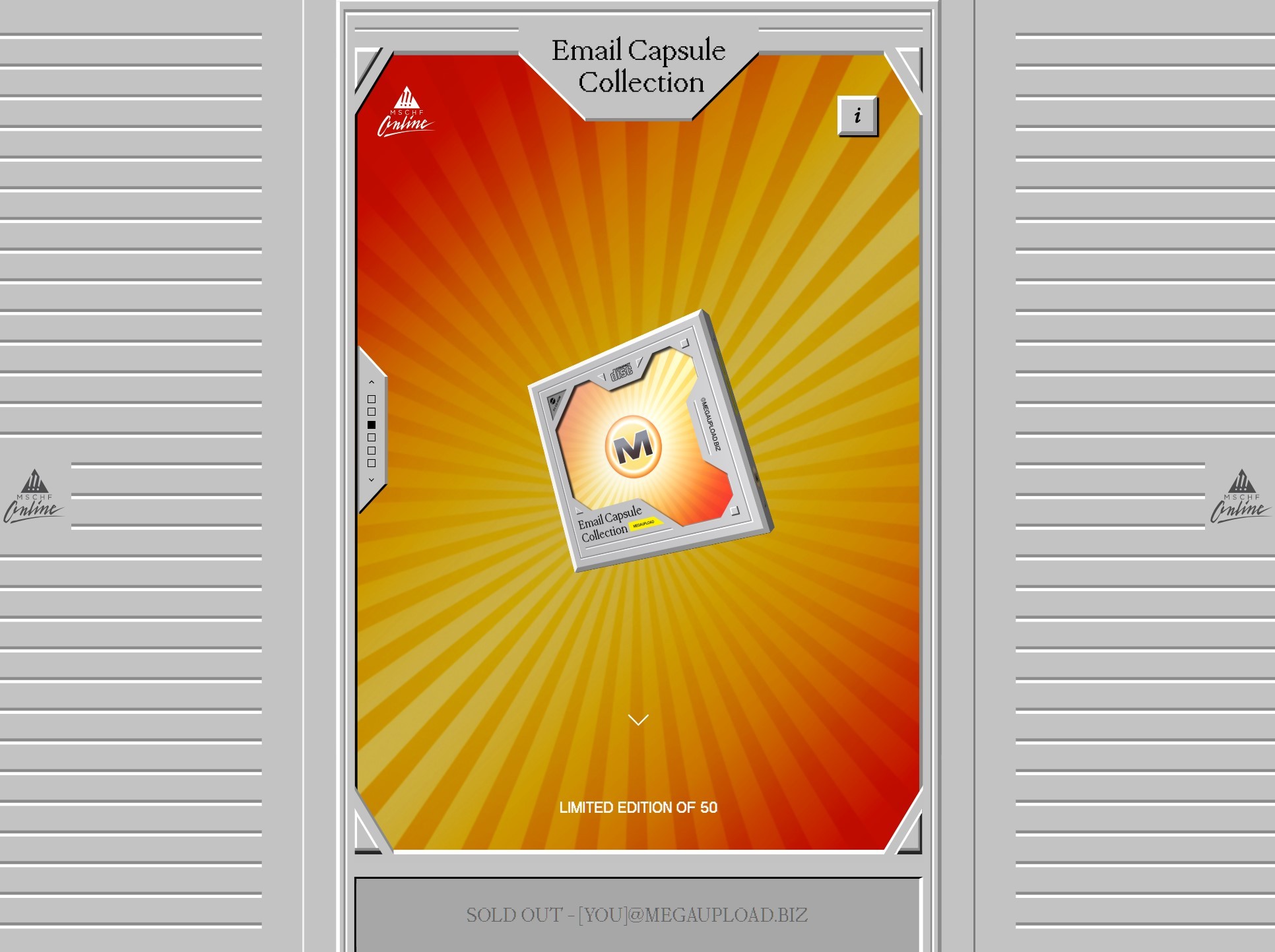
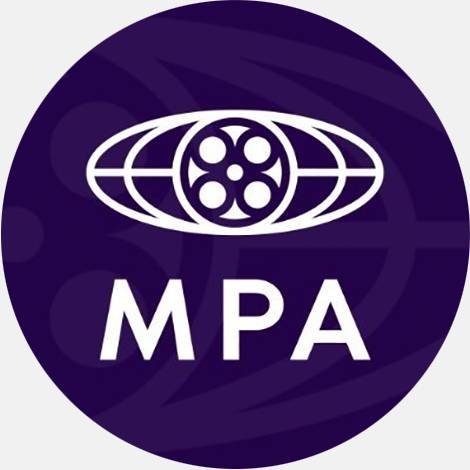

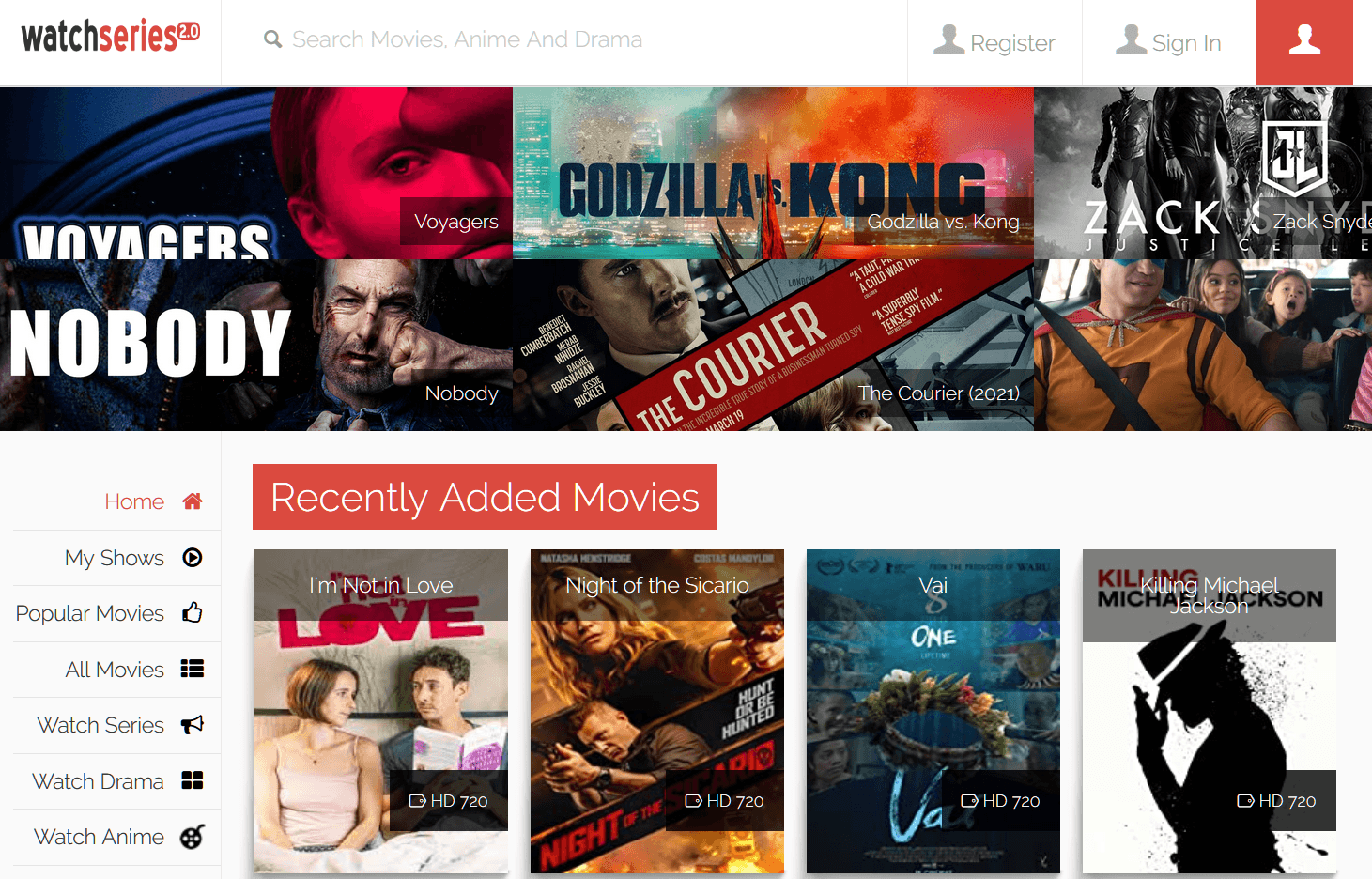
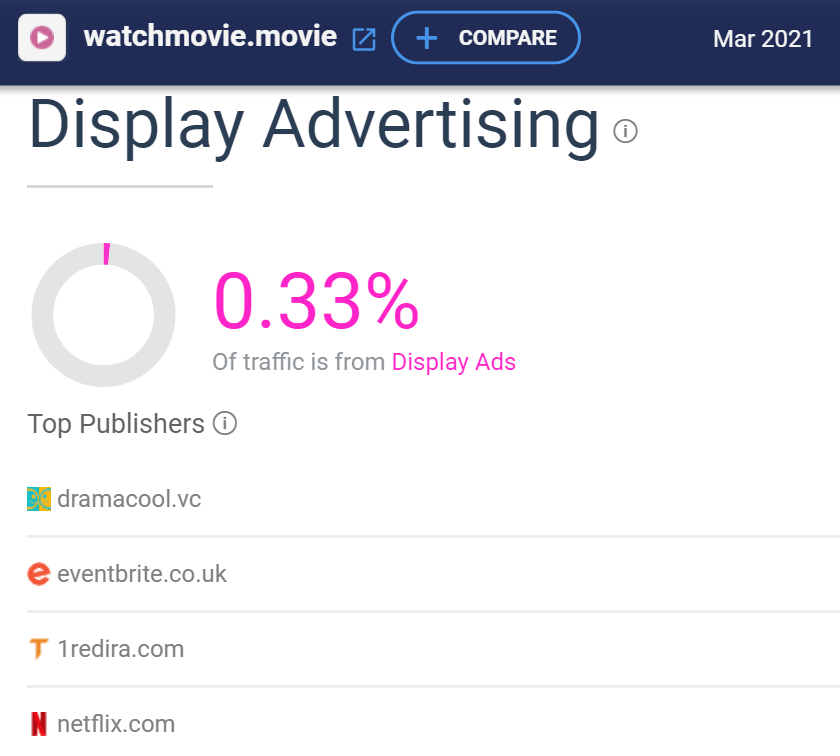
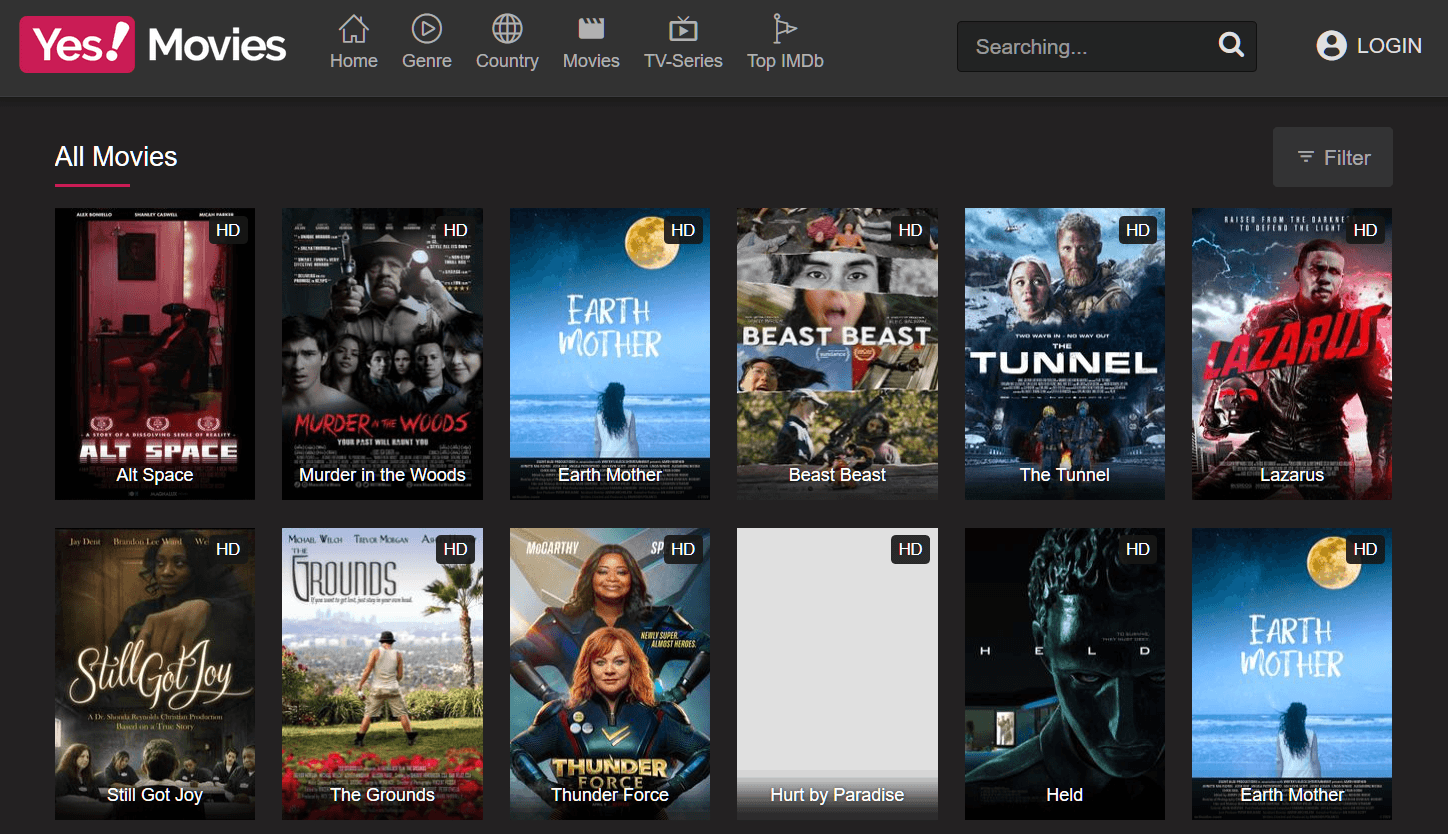
 Hawaiian attorney Kerry Culpepper has made a habit of putting pressure on key players in the piracy ecosystem.
Hawaiian attorney Kerry Culpepper has made a habit of putting pressure on key players in the piracy ecosystem. In two weeks, the
In two weeks, the 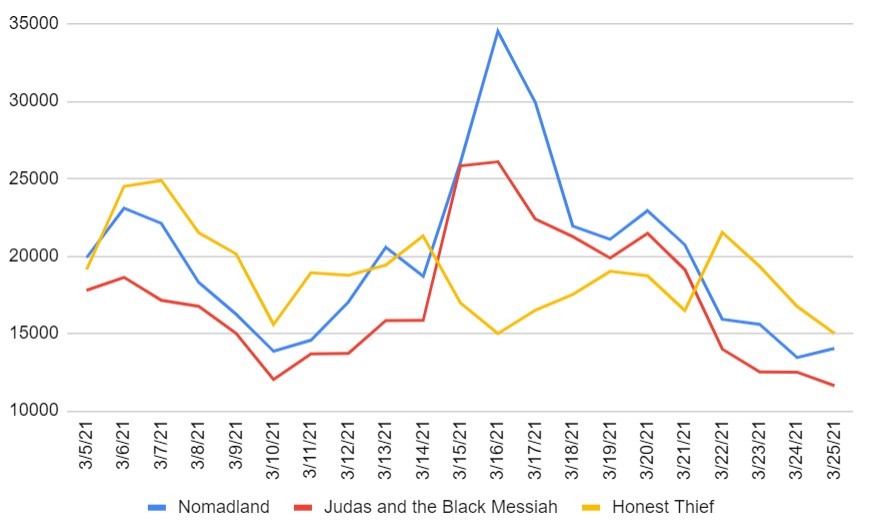

 Legal streaming services such as Spotify and Apple Music have been the music industry’s most effective weapon against piracy.
Legal streaming services such as Spotify and Apple Music have been the music industry’s most effective weapon against piracy.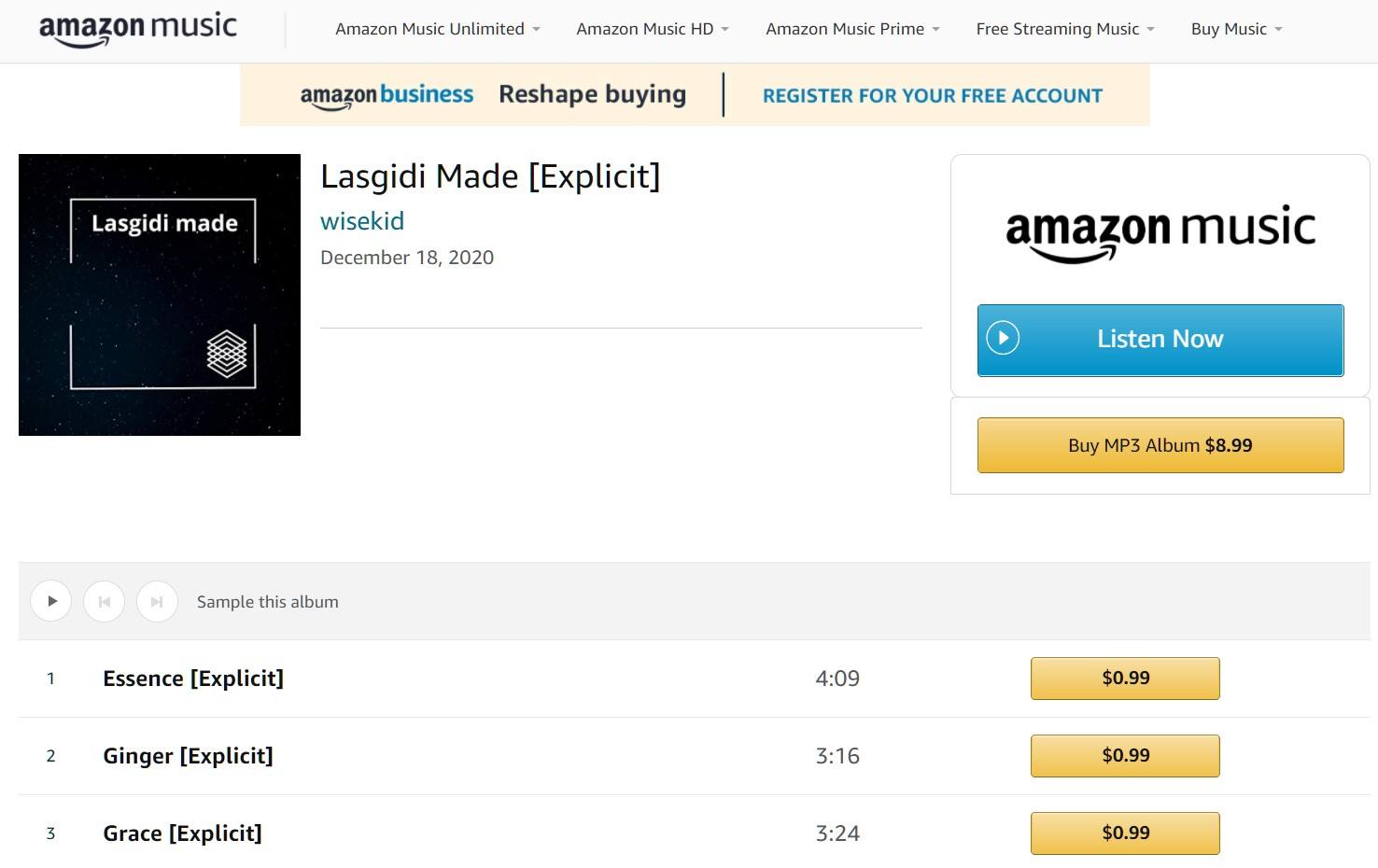

 In recent years the European Commission has proposed and adopted various legislative changes to help combat online piracy.
In recent years the European Commission has proposed and adopted various legislative changes to help combat online piracy.
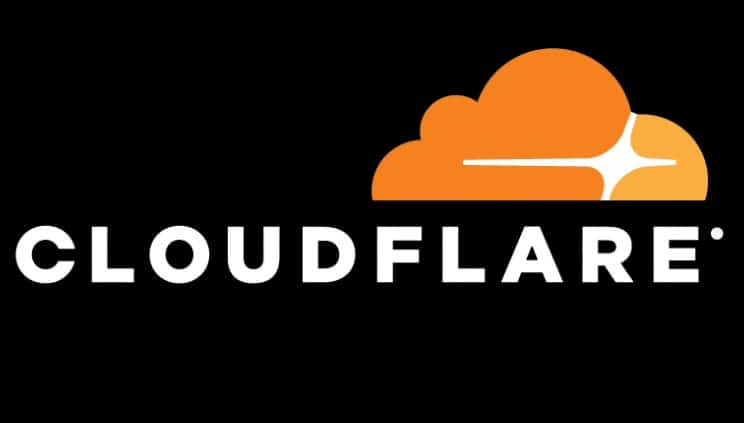 Popular CDN and DDoS protection service Cloudflare has come under a lot of pressure from copyright holders in recent years.
Popular CDN and DDoS protection service Cloudflare has come under a lot of pressure from copyright holders in recent years.